Dundee Council leader John Alexander is keen to introduce a tourist tax in the city.
Legislation to give local authorities the power to apply a visitor levy, also known as a tourist tax, was published on Thursday.
If passed by MSPs, it will give Scottish councils the ability to add a tax to overnight accommodation, based on a percentage of the total costs.
Locally, Cllr Alexander spoke out strongest in favour of the new levy.
But Angus, Fife and Perth and Kinross are also considering the measure to raise much-needed funds.
Dundee – ‘I have been working to introduce this’
Edinburgh City Council said its proposals included a £2-per-night charge added to the price of any room for the first week of a stay.
While no such suggestion has been made in Dundee, Cllr Alexander (SNP) is principally in favour.
“Bluntly, any measure that can help us continue to invest in the city is being considered and the transient visitor levy, or tourist tax, is no different,” he said.
“Dundee will need to continue to invest in infrastructure, events and the broader economy if we are to remain relevant to the tourism industry.
“This is one way of delivering some of that investment that means it isn’t just local residents carrying that burden.
“As chairman of the Scottish Cities Alliance, my city-leader colleagues and I have been working for many years to introduce this, amongst other powers and fiscal levers.”
Angus – ‘We have to consider all means’
Angus Council says it will give “full consideration” to the visitor levy but has not yet taken a stance on bringing it in.
A tourist tax was one potential imcome stream the SNP-run administration suggested could come under consideration when Angus set its budget in February.
Council leader Beth Whiteside said it is likely to receive closer scrutiny following the publication of the legislation.
“Our position on this remains consistent with what we said at the time (of budget-setting),” she said.
“Given the current financial circumstances, our administration will have to consider all means available to us to raise the funds necessary to continue to provide essential services to the people of Angus.
“That being said, no decisions have yet been taken on possible implementation of the visitor levy, but we’ll give this full consideration in the coming months.”
Fife – ‘Mindful about local businesses’
In Fife, council leader David Ross (Labour) struck a note of caution.
He hinted that a new tax could harm the local economy.
“We support the principle of councils having the power to introduce such measures but Fife has no immediate plans to introduce a tourist tax at present,” Cllr Ross said.
“It is something the council may want to explore in future but we are mindful of the likely impacts on local business in the tourist sector.”
Perth – ‘Need to see pros and cons’
In Perth and Kinross, council leader Grant Laing said it was too early to take a position on the levy.
“It is something that happens quite widely abroad,” he acknowledged, “and we are fortunate to have a lot of people who take their vacations in Perth and Kinross.”
He added: “But until you see what the legislation looks like and work out the pros and cons it would be foolish to make a decision.
“I am just glad the Scottish Government has given us the opportunity to look at what will best suit the needs of each local authority because we will each have different numbers.”
All funds must be reinvested
The tourist tax would apply to hotels, hostels, guest houses, B&Bs, self catering accommodation, camping sites and caravan parks, as well as boat moorings and berthings.
It also covers accommodation “in a vehicle or on board a vessel” which is permanently or mostly housed in one place, and any other place where a room or accommodation is offered that is not the visitor’s “only or usual place of residence”.
Local authorities would have to consult on where the proceeds of the levy would be spent before it is introduced officially.
The Scottish Government said that all funds raised must be reinvested into the local community, on facilities and services used by visitors, benefitting the local area and economy, and enhancing the tourist experience.
The plans are part of the new deal for local government which aims to give local authorities more financial flexibility.
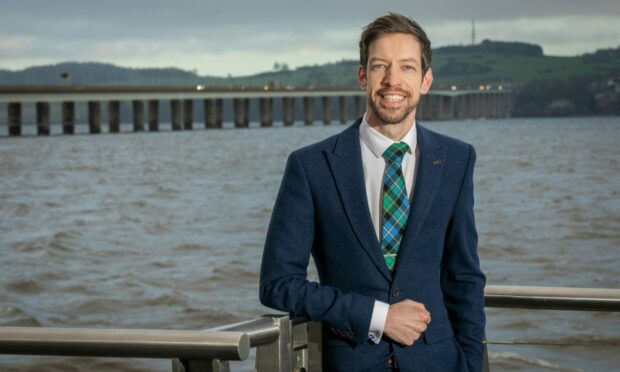

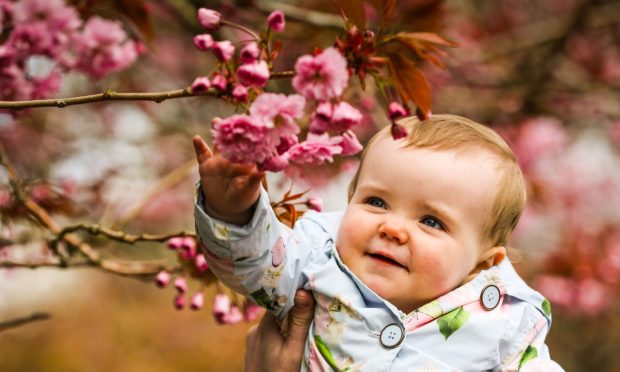
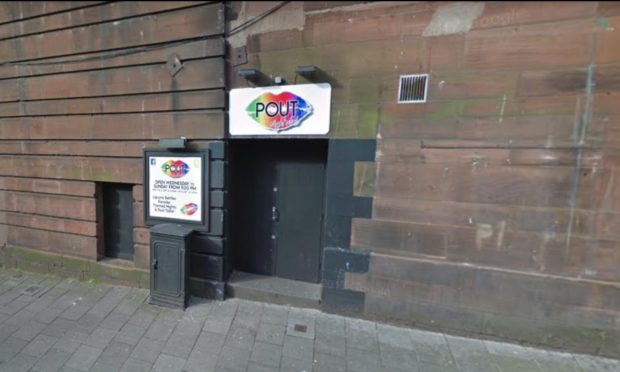
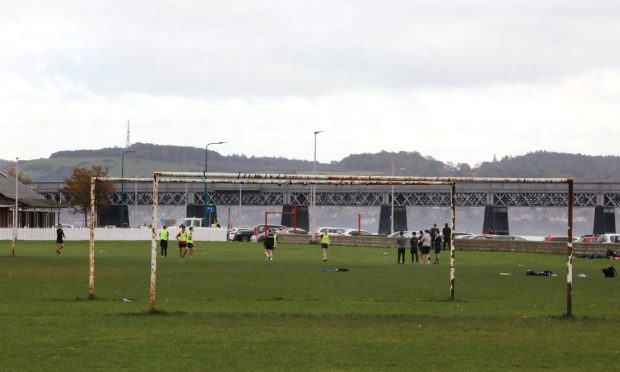

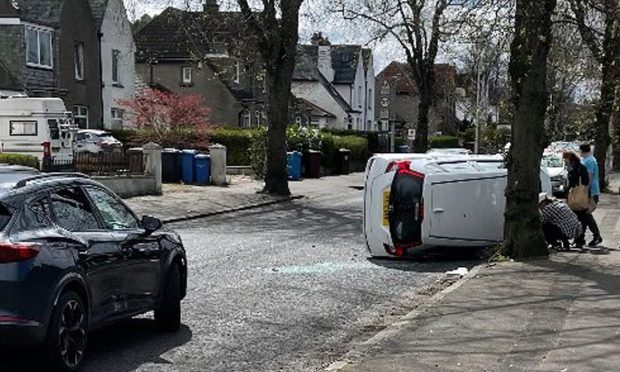
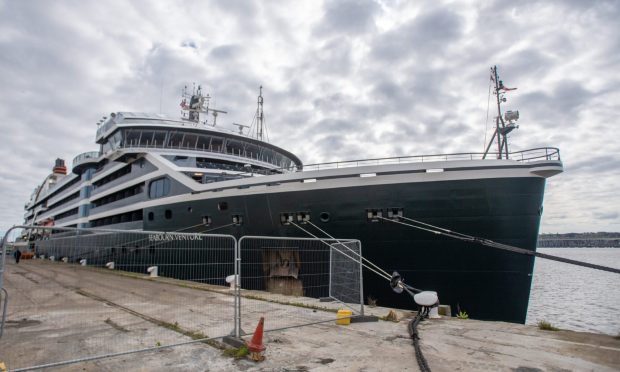


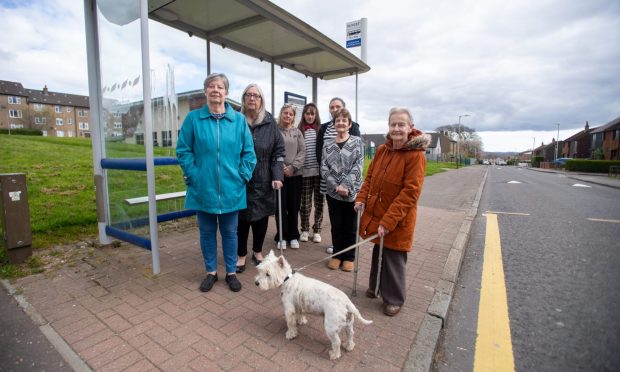
Conversation